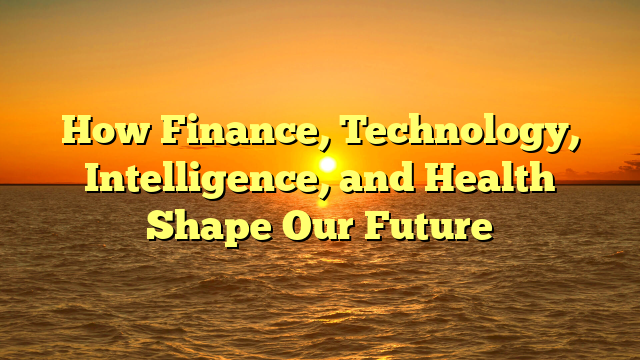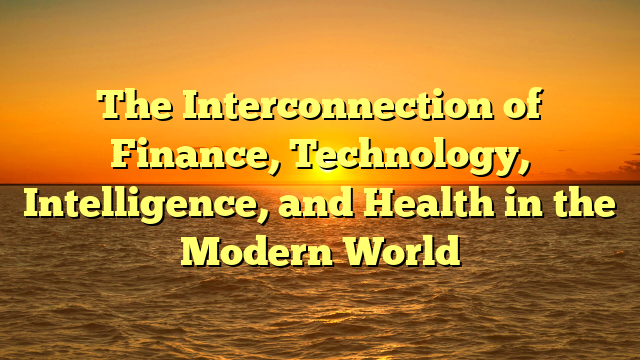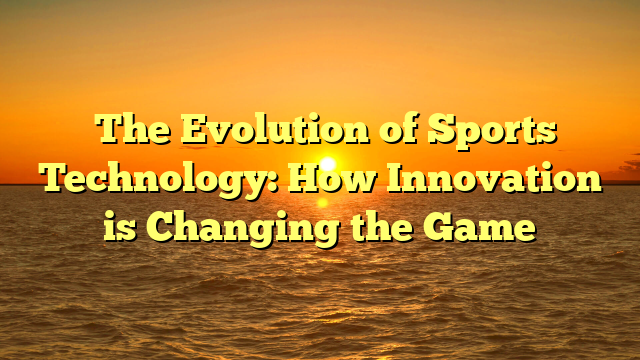
In today’s rapidly evolving world, the relationship between finance, technology, intelligence, and health has become increasingly intertwined. These areas are not only affecting each other but are also shaping new opportunities in profound ways.
Finance and Technology: A Transformative Partnership
Finance has always been a crucial part of the global economy, but with the advent of technology, it has undergone significant transformation. The rise of fintech companies has made money management easier to a broader range of people. Technologies like blockchain and cryptocurrencies have not only challenged the traditional financial system but have also opened the door for new forms of transactions and investments.
Artificial Intelligence (AI) plays a major role in the finance industry, with algorithms helping to predict market trends, automate trading, and assess risks. Big Data, cloud computing, and machine learning are also contributing to the growth of the financial sector by offering faster, more reliable services.
Intelligence: The Key to Unlocking Potential
Human and artificial intelligence have become inseparable in today’s data-driven world, playing crucial roles in various fields, especially in finance and technology. Human intelligence brings intuition, adaptability, and ethical considerations to the table, while AI provides speed, accuracy, and pattern recognition. Together, they can solve problems that neither could achieve alone.
AI is capable of processing vast amounts of data, discovering patterns, and offering insights that are essential in fields like finance and healthcare. In healthcare, AI has been instrumental in areas such as patient data analysis, clinical decision support, and treatment prediction. It can revolutionize healthcare practices by improving efficiency and reducing errors.
wsoslot88 of Technology on Health
Technology has dramatically changed the healthcare industry, offering new ways to treat diseases, monitor patients, and manage public health. Medical devices, telemedicine, and health apps have made it easier for individuals to track their fitness, access medical advice, and reduce hospital visits.
Telemedicine, for example, has become a lifeline during the COVID-19 pandemic, enabling people to consult with healthcare providers without leaving their homes. On the other hand, health apps track various aspects of health, from physical activity to mental well-being, providing users with insights and guidance.
Wearable devices, such as fitness trackers and smartwatches, have become popular for tracking daily activities and vital signs. These technologies not only promote personal health but also contribute to preventive care, allowing individuals to act early on potential health issues.
Bridging the Gap Between Finance, Technology, Intelligence, and Health
As technology and intelligence converge across finance and health, the possibilities for improvement and innovation are endless. For instance, Integrating AI and blockchain in health insurance can improve claims management and enhance fraud detection. Similarly, fintech companies are working on solutions that incorporate data-driven insights into investment strategies that support health-related ventures.
Moreover, using data analytics, healthcare providers can offer tailored insurance options and preventative care plans.
The Future of Finance, Technology, Intelligence, and Health
Looking ahead, the integration of finance, technology, intelligence, and health will continue to evolve at an exponential pace. With AI, blockchain, and big data driving change, the potential for smarter financial systems and better healthcare outcomes is vast.
As we move forward, we are likely to witness the creation of a highly personalized and efficient global ecosystem that benefits individuals and communities alike.





